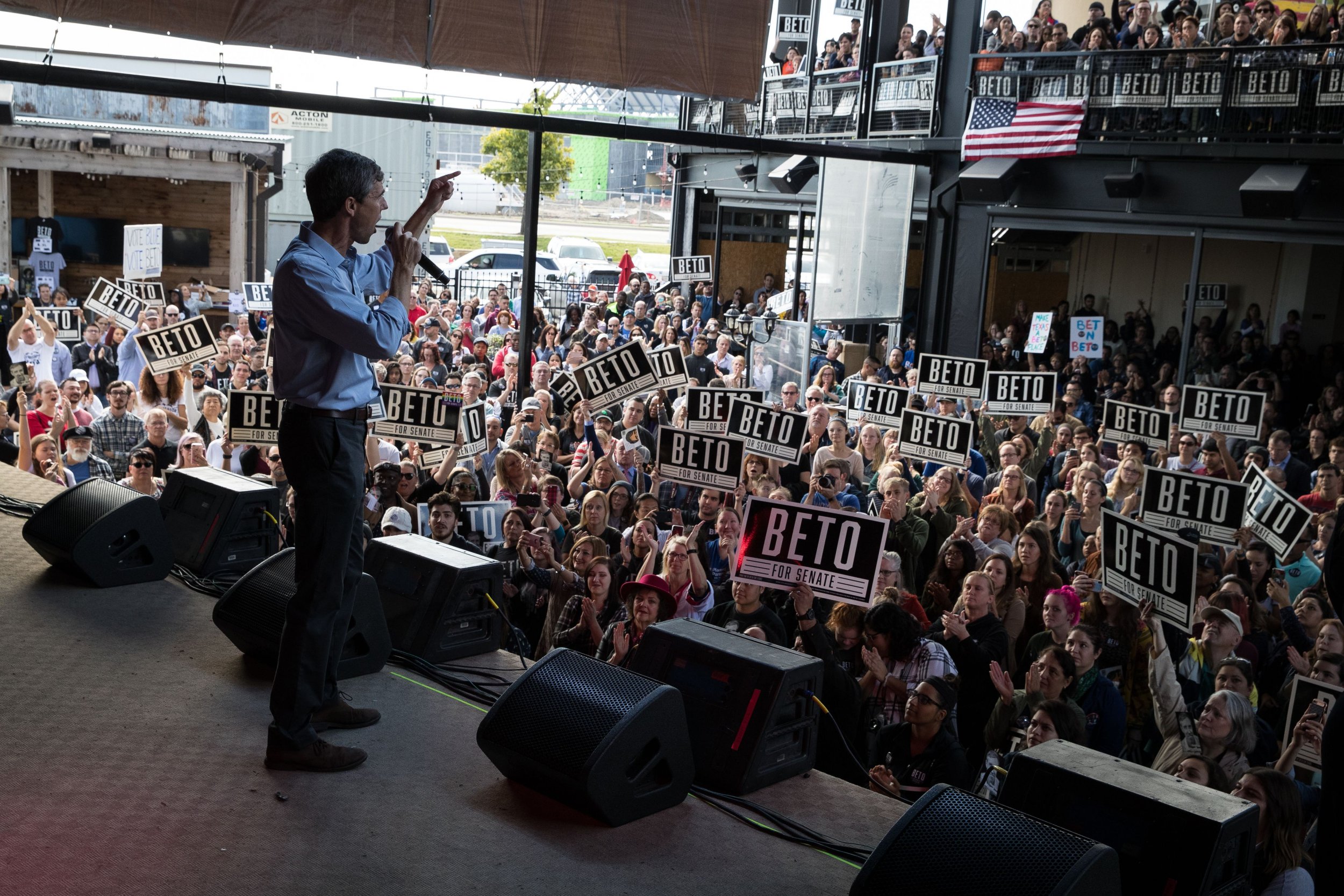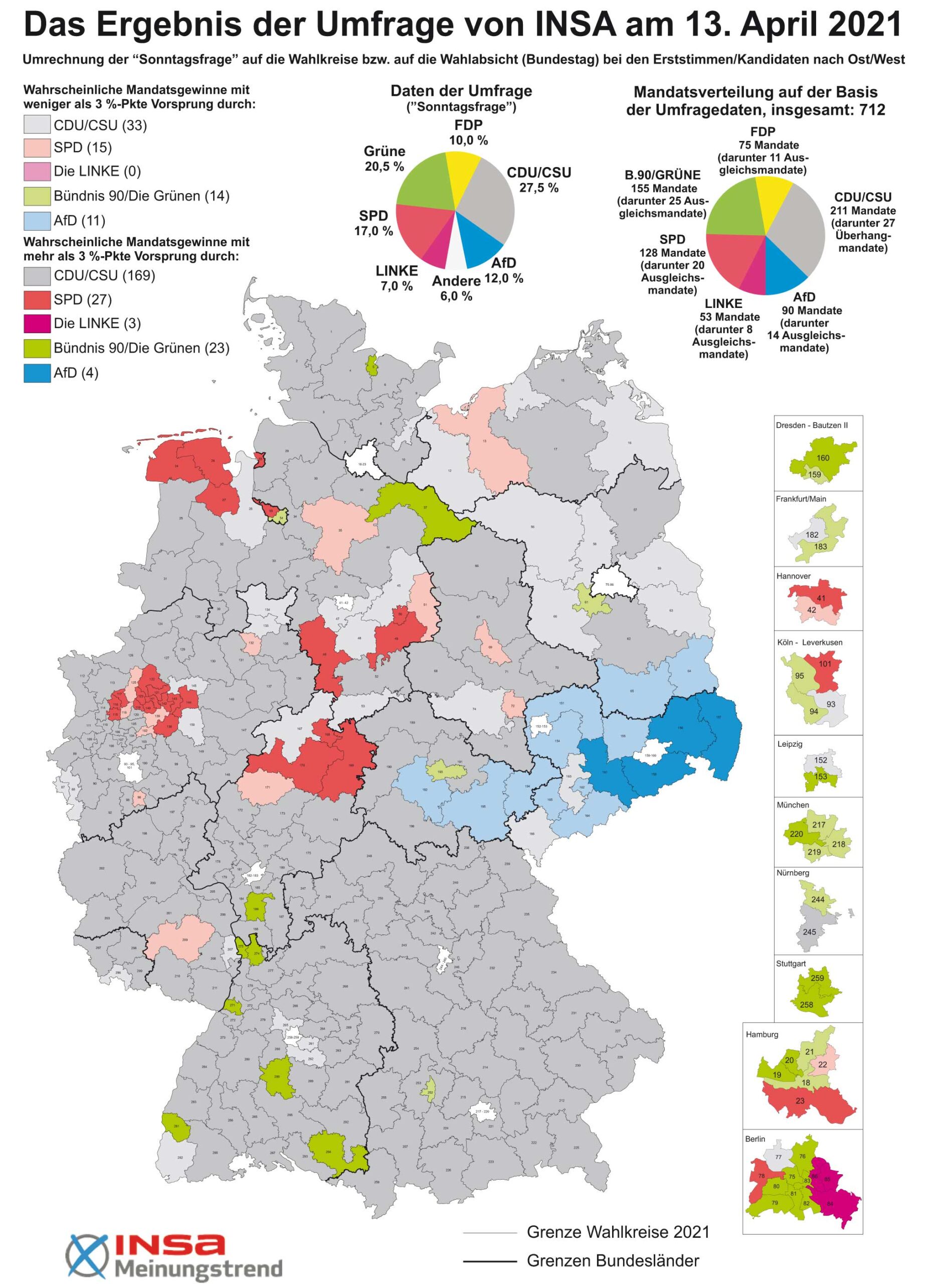Explore the Latest Projections and Analysis for the 2025 German Federal Election" What does the future hold for German politics? With the 2025 Federal Election on the horizon, it's time to delve into the latest projections and analysis to gain insights into the potential outcomes.
Editor's Notes: The "2025 German Federal Election: Latest Projections And Analysis" have been published today. This topic is important to understand the potential outcomes of the upcoming election and its implications for German politics.
Through careful analysis and research, we have compiled a comprehensive guide to empower you with the knowledge you need to make informed decisions.
| Key Differences | Key Takeaways |
|---|---|
| Projected Winning Party | Current polls indicate a close race between the CDU/CSU and the SPD. |
| Potential Coalition Scenarios | Various coalition possibilities exist, including a grand coalition, a traffic light coalition, or a Jamaica coalition. |
| Impact on German Politics | The election outcome will shape the future direction of German domestic and foreign policies. |
FAQ
This section provides answers to frequently asked questions about the latest projections and analysis for the 2025 German Federal Election.
Question 1: What are the latest projections for the election?
According to recent polls and analysis, the Social Democratic Party (SPD) is currently leading in the polls. The Christian Democratic Union (CDU) is projected to come in second place, followed by the Greens, the Free Democratic Party (FDP), and the Alternative for Germany (AfD).

2018 Midterm Election Predictions: Latest Projections, Odds for - Source www.newsweek.com
Question 2: What factors are likely to influence the election?
A number of factors are likely to influence the outcome of the election, including the state of the economy, the popularity of the incumbent government, and the performance of the various political parties. Other potential factors include international events, such as the war in Ukraine, and domestic issues, such as the ongoing COVID-19 pandemic.
Question 3: What are the key issues in the election?
The key issues in the election are likely to include the economy, climate change, immigration, and social justice. Other important issues could include healthcare, education, and foreign policy.
Question 4: Who are the key candidates in the election?
The key candidates in the election are Olaf Scholz (SPD), Armin Laschet (CDU), Annalena Baerbock (Greens), Christian Lindner (FDP), and Alice Weidel (AfD).
Question 5: How can I follow the election results?
The election results will be available on the websites of the German Federal Returning Officer and the major news outlets. You can also follow the results on social media.
Question 6: What are the possible scenarios for the election?
There are a number of possible scenarios for the election. The most likely scenario is that the SPD will win the most seats in the Bundestag and form a coalition government with one or more other parties. Other possible scenarios include a CDU/CSU victory or a hung parliament.
These are just a few of the frequently asked questions about the 2025 German Federal Election. For more information, please visit the websites of the German Federal Returning Officer and the major news outlets.
Stay tuned for more updates on the election as they become available.
Tips
For more in-depth information and projections, please refer to the article "2025 German Federal Election: Latest Projections And Analysis".
Tip 1: Keep abreast of the latest polls and projections: Consistently monitoring the political climate helps identify potential shifts in voter sentiment.
Tip 2: Analyze party platforms and campaign strategies: Understanding each party's stance on key issues and their campaign tactics provides insights into their electoral prospects.
Tip 3: Track historical voting patterns and demographics: Studying past election results and demographic trends can contribute to informed predictions about voter behavior.
Tip 4: Consider the impact of external factors: Events occurring outside Germany can influence the electoral landscape, such as international crises or economic fluctuations.
Tip 5: Consult expert analysis and commentary: Seeking perspectives from political scientists, journalists, and other experts can provide valuable insights and interpretations.
2025 German Federal Election: Latest Projections And Analysis
The 2025 German Federal Election is an upcoming event that will have a significant impact on the political landscape of Germany and Europe. Several key aspects will shape the election and determine its outcome.
- Candidates: The main contenders in the election will be the current Chancellor Olaf Scholz of the Social Democratic Party (SPD) and Friedrich Merz of the Christian Democratic Union (CDU).
- Issues: Key issues in the election include economic growth, climate change, and social justice.
- Coalitions: The formation of coalitions will be crucial after the election as no single party is likely to win an outright majority.
- International Relations: The election will have implications for Germany's role in the European Union and NATO.
- Voting System: The German electoral system is a mixed-member proportional representation system, which combines first-past-the-post and proportional representation elements.
- Historical Context: The election will take place in the context of Germany's post-war history and the challenges it faces in the 21st century.

2025 German Federal Election Guide: Candidates, Parties, And Voting - Source info.dtvup6hm7b6cr.amplifyapp.com
These key aspects will influence the outcome of the 2025 German Federal Election and will shape the political direction of Germany for years to come.

German federal election results. November, 1932 : r/fakehistoryporn - Source www.reddit.com
2025 German Federal Election: Latest Projections And Analysis
The 2025 German federal election is scheduled to be held on September 28, 2025, to elect the members of the 21st Bundestag. The incumbent grand coalition government of the Christian Democratic Union (CDU), Christian Social Union in Bavaria (CSU), and the Social Democratic Party (SPD) is led by Chancellor Angela Merkel. The current Vice Chancellor and Minister for Economic Affairs and Energy, Sigmar Gabriel, of the SPD, has announced that he will not run for Chancellor in 2025.

Constituency projections for the 2021 German federal election - Wikiwand - Source www.wikiwand.com
The latest polls show that the CDU/CSU is in the lead, followed by the SPD, the Green Party, the Free Democratic Party (FDP), and the Left Party. The Alternative for Germany (AfD) is polling at around 10%, below its 12.6% result in the 2021 election.
The election is expected to be close, with the CDU/CSU and the SPD likely to end up in a grand coalition again. However, the Greens and the FDP could also play kingmaker roles, as they could support either the CDU/CSU or the SPD in a coalition government.
The outcome of the election will have a significant impact on the future of Germany. The CDU/CSU has been in power since 2005, and a victory in 2025 would extend their rule to 20 years. The SPD has been in a coalition with the CDU/CSU since 2013, and a defeat in 2025 would likely send them into opposition.
The Greens have been gaining in popularity in recent years, and a strong performance in 2025 could see them enter government for the first time at the federal level. The FDP has also been making a comeback, and a return to government after eight years in opposition is a possibility.
The AfD is the only major party that is polling below its result from the 2021 election. The party has been facing internal divisions and has lost support to more moderate parties in recent months.
Key Insights
- The CDU/CSU is in the lead in the polls, followed by the SPD, the Green Party, the FDP, and the Left Party.
- The election is expected to be close, with the CDU/CSU and the SPD likely to end up in a grand coalition again.
- The Greens and the FDP could also play kingmaker roles, as they could support either the CDU/CSU or the SPD in a coalition government.
- The outcome of the election will have a significant impact on the future of Germany.